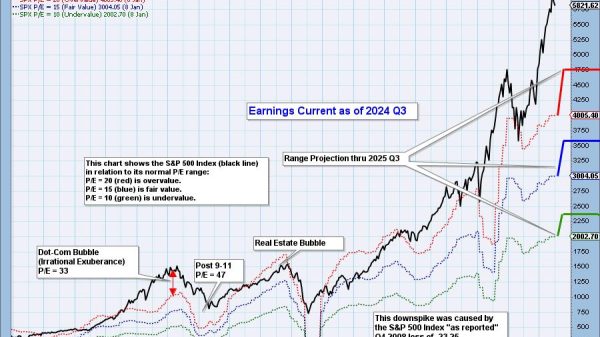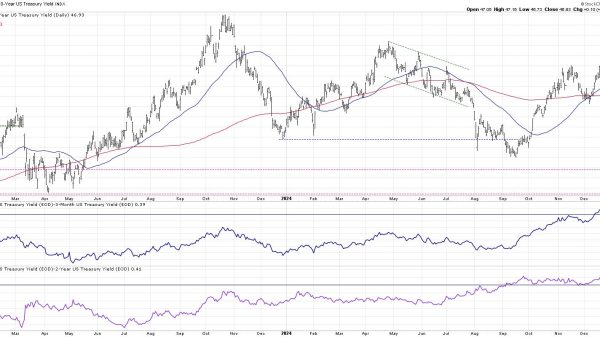Most British businesses are struggling to plug gaps in their workforces amid a shortage of skilled talent.
About 80 per cent of companies reported difficulty filling jobs, according to the latest talent shortage survey by ManpowerGroup, the American recruitment giant. That marks the highest percentage since 2006, while the proportion of businesses reporting difficulties with recruitment has jumped from 13 per cent a decade ago.
The pandemic has exacerbated the nation’s skills shortages; only 35 per cent of businesses reported concerns about staffing in 2019. Although the number of job vacancies in the UK has been coming down in recent months, there are still more than 1.1 million unfilled jobs across the country, 40 per cent more than at the beginning of 2020.
“Talent shortages are always an area of concern for employers, but the real step change in our data can be seen post 2019,” Michael Stull, director at ManpowerGroup UK, said. He added that employers were “acutely aware of the growing scarcity of key skills, so they’re holding on to and trying to stockpile business-critical talent. Just in time hiring does not work any more, just in case hiring is more the mantra.”
Energy and utilities companies were struggling the most to hire new staff, the Manpower survey found, with 88 per cent of firms in those industries reporting recruitment difficulties because of the demand for green skills.
Despite well-publicised redundancies at some of the world’s biggest technology companies, British businesses were still struggling to recruit software developers and engineers. Four in five businesses said that they were struggling to fill information technology vacancies.
Economic data suggests that the battle for talent will become less intense as this year wears on. Economists at KPMG, the big four accountancy firm, expect the UK economy to shrink by 0.3 per cent in 2023, while the unemployment rate will probably widen to 4.1 per cent, from 3.7 per cent last year.
Yael Selfin, chief economist at KPMG, flagged skills shortages and slowing workforce participation as two structural issues that “dominate the longer-term risks to the UK outlook”.
Read more:
Businesses in battle to find skilled staff






















